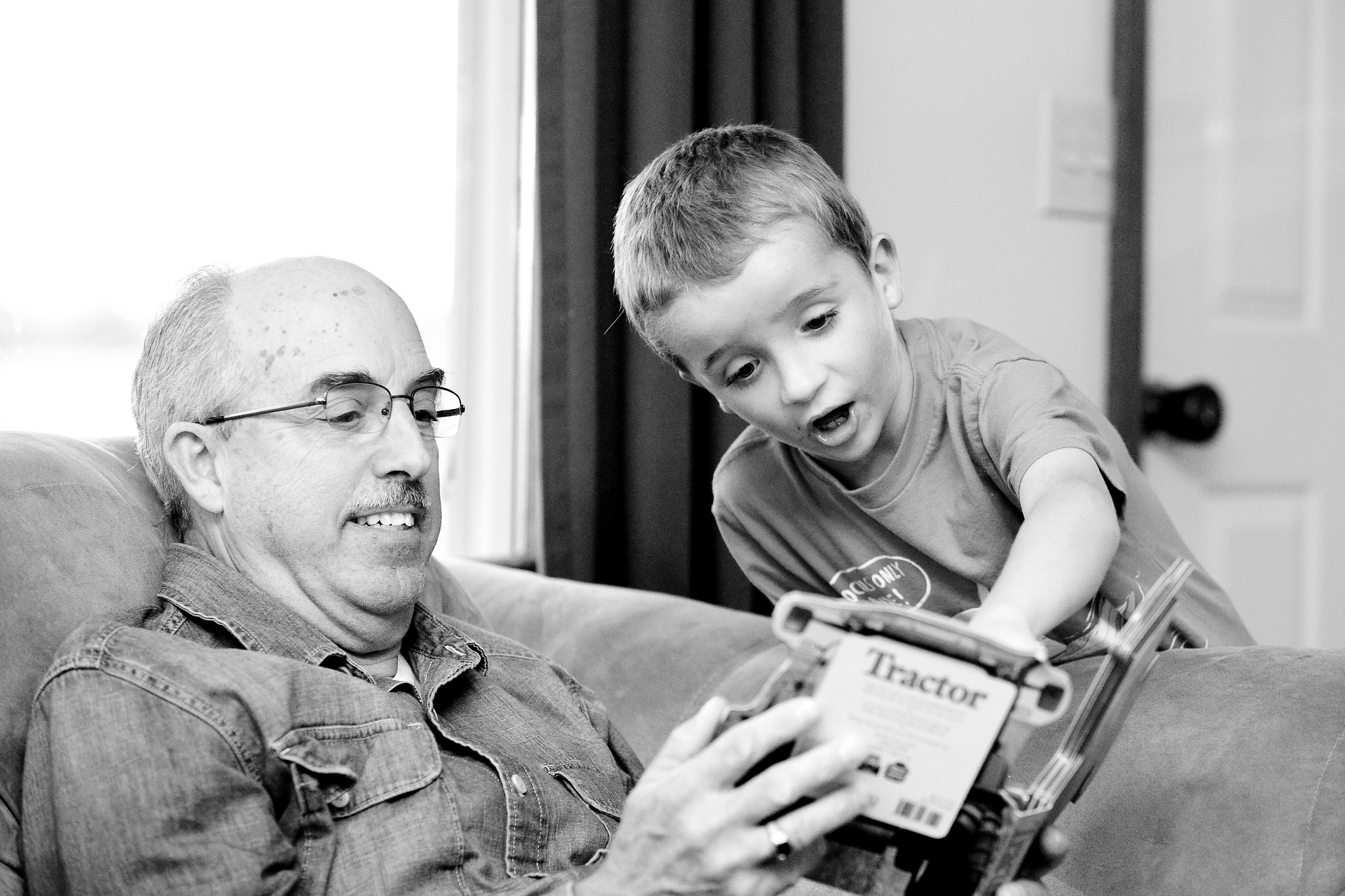According to the Centers for Disease Control and Prevention, more than 795,000 people in the United States suffer from strokes every year. That means that every 40 seconds, someone in the U.S. has a stroke and every four minutes, someone will die from one.
While some strokes last only a few minutes, they can have life-long effects on an individual’s health and quality of life. For instance, about a third of those who have had a stroke live with post-stroke aphasia. Aphasia is the loss of the ability to understand or express language due to brain damage but, importantly, intelligence remains largely intact. Difficulty with language impacts day-to-day living and can lead to social isolation.
Jennifer Mozeiko, assistant professor in the Department of Speech, Language, and Hearing Sciences at the University of Connecticut, recently received a $25,000 grant from the American Speech-Language-Hearing Foundation and is currently recruiting participants in a study to investigate language use in the home environments of people with aphasia.
Researchers have established that an “enriched environment” with plenty of socialization and stimulation promotes neuroplasticity – the brain’s ability to form new neural connections over time – and recovery in animal models. With an end-goal of maximizing the recoveries of people with aphasia, Mozeiko plans to determine what an enriched communicative environment might look like. She plans to investigate the number of social interactions and communication partners, as well as the role of the primary communication partner in language exchanges every day.
In order to do this successfully, Mozeiko will train participants to operate a small recording device that they will take home and wear for two days. Used widely to help answer questions in child language development, Language Environment Analysis (LENA) technology will be used for the first time with people with aphasia. This software automatically counts things like the number of words used and the number of conversational turns. This will offer Mozeiko more insight into language recovery and the role played by the people in the home environment.
Before taking home the device, participants will take a basic language test and will be asked to rate their current at-home communication to see whether subjective measures align with the objective data collected from LENA. This will help Mozeiko determine whether automated language measures are viable sources to use for data collection.
“We’re hopeful that people with aphasia will benefit significantly from the results of this research,” says Mozeiko. “This is the first step, but our goal is to help people with aphasia and their families create an enriched communicative environment if they don’t already have one. We see the potential for a more complete recovery.”
Along with people with aphasia, this research will help clinicians and researchers interested in objective and ecologically-valid measures of communication, as it will determine the utility of the LENA technology with this particular population.
In the future, Mozeiko plans to also focus her research efforts on investigating and creating enriched communicative environments in homes of those who may be at risk for dementia or mild cognitive impairment. She believes that this work may have important implications for the aging population.
To learn more about participation in the study, visit the Aphasia Rehab Lab recruitment website.
Jennifer Mozeiko received her MA and PhD in Speech, Language, and Hearing Sciences from the University of Connecticut. Mozeiko’s research interests include aphasia rehabilitation, discourse deficits following brain injury, mechanisms for recovery in chronic aphasia and functional neuroimaging.



